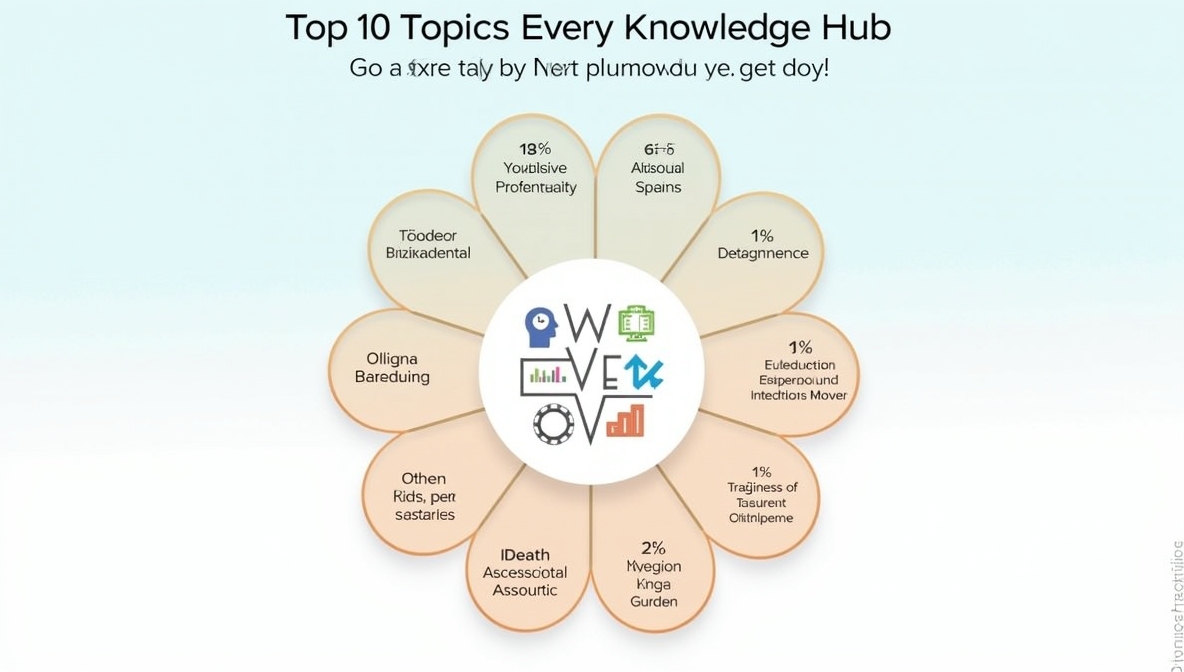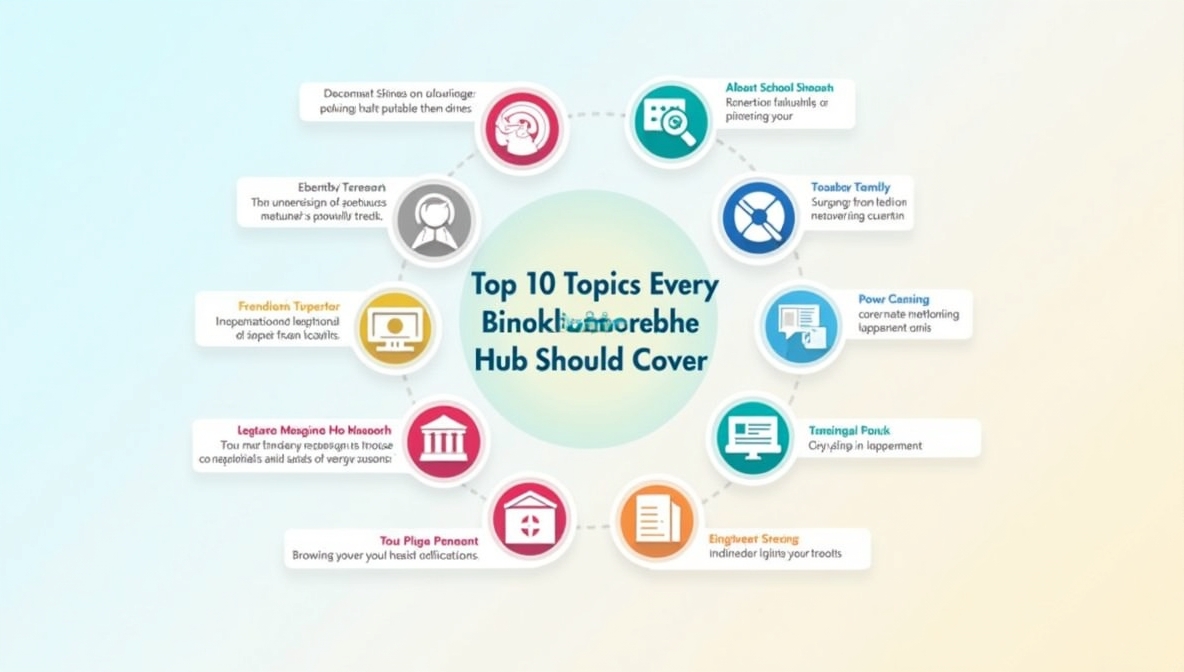Launching a Knowledge Hub is a smart move, but knowing what topics to include can make the difference between a thriving resource and a forgotten one. Choosing the right topics ensures your Hub is useful, relevant, and continues to attract both users and search engines.
Here’s a guide to the top ten foundational topics every Knowledge Hub should cover, no matter your industry.
1. Getting Started Guides
New users often need help understanding your product, service, or platform. Create easy-to-follow guides that walk beginners through setup, first steps, and early wins. A strong Getting Started section can significantly reduce support requests and improve user satisfaction.
2. Frequently Asked Questions (FAQ)
An FAQ section is a must-have. It addresses the most common concerns quickly, helping users find immediate answers. Well-structured FAQs also improve SEO because they naturally match the way people phrase search queries.
3. Troubleshooting Guides
No matter how well-designed your product is, users will encounter issues. Troubleshooting guides help them solve problems on their own. Make sure these guides are detailed, easy to scan, and cover both common and rare issues.
4. How-To Tutorials
Step-by-step tutorials are valuable because they teach users how to make the most of your offerings. Include screenshots, short videos, or diagrams when possible. Good tutorials can turn occasional users into loyal fans.
5. Best Practices
Sharing best practices positions you as an authority. It also helps users achieve better results with your product or service. Whether it’s tips for improving workflow, maximizing features, or staying compliant with regulations, best practices add a lot of value.
6. Industry News and Updates
A Knowledge Hub can also be a place to share industry news, upcoming trends, and major changes. Keeping your audience informed builds trust and establishes your Hub as a go-to source for insights.
7. Product or Service Updates
Whenever you launch a new feature, fix bugs, or change your offerings, your Knowledge Hub should reflect it. A dedicated Updates section keeps users informed and demonstrates transparency.
8. Case Studies and Success Stories
Real-world examples show how your solutions work in practice. Case studies and success stories not only educate users but also serve as powerful marketing tools. They show proof of value and build credibility.
9. Policies and Compliance Information
Depending on your industry, it’s often necessary to provide clear access to your policies on privacy, security, returns, warranties, and more. Keeping these easily accessible protects your business and reassures your users.
10. Community Contributions and Feedback
If possible, allow your community to suggest topics, contribute articles, or comment on existing content. A community-driven Knowledge Hub grows faster and becomes more accurate over time, thanks to real-world insights and experiences.
Final Thoughts
Covering these ten essential topics ensures that your Knowledge Hub serves users at every stage of their journey — from new visitors to experienced customers. A well-rounded Knowledge Hub builds trust, drives engagement, and strengthens your brand’s authority in your industry.
When planning your content, always prioritize the user’s needs first. Focus on clarity, accessibility, and genuine value. Over time, your Knowledge Hub will become an irreplaceable resource for both your audience and your business.

